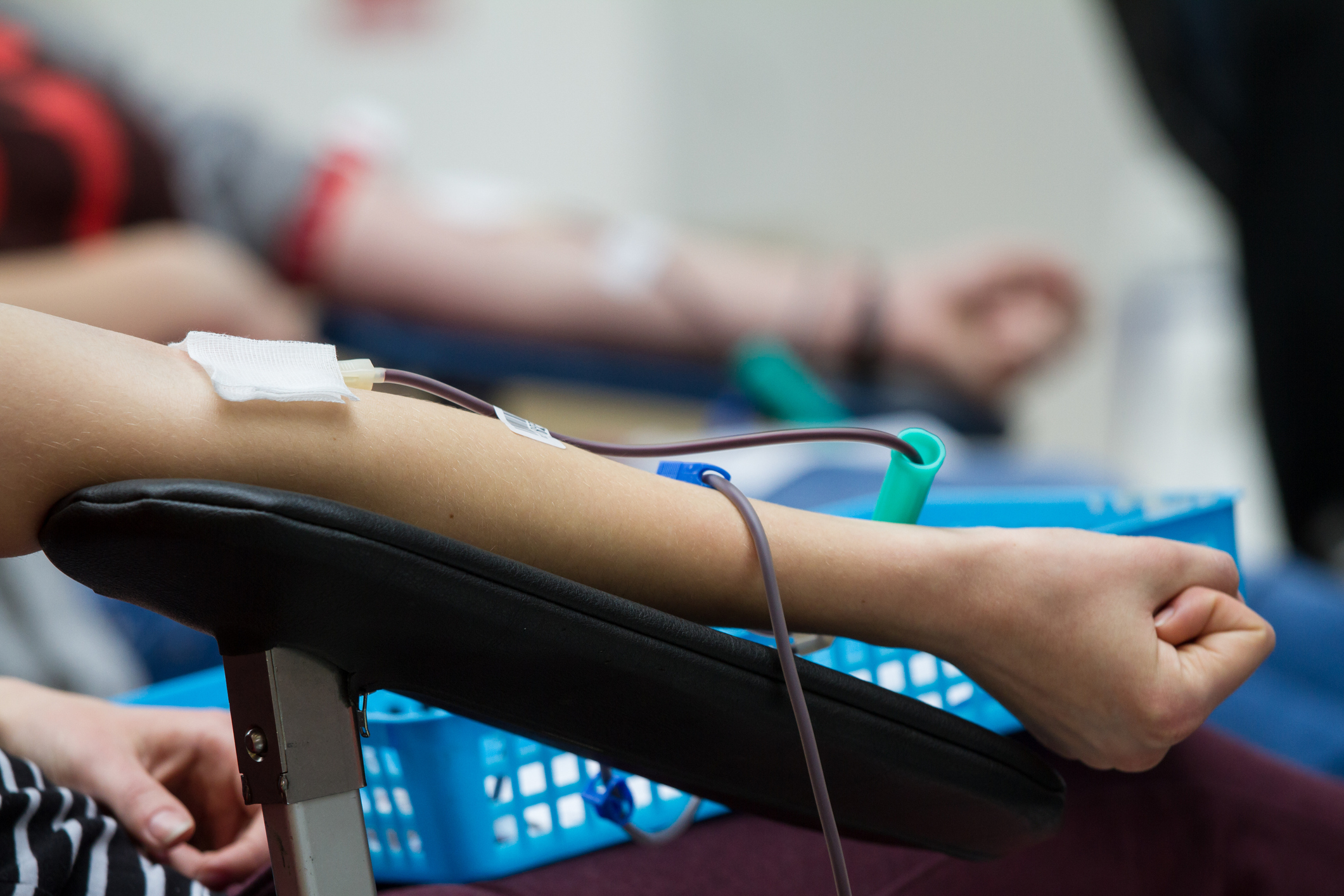January marks National Blood Donor Month when inclement weather, cold and flu season, travel and holiday plans all contribute to a shortage of blood and platelet donations. According to The American Red Cross, more than 13,000 donations must be collected each day to meet the needs of hospitals, clinics and cancer centers across the county.
There is no upper age limit for donating blood but donors must weigh at least 110 pounds and be in generally good health. Adults who take certain medications such as anticoagulants are not eligible to give blood and anyone with dementia, a recent history of cancer or heart disease, viral hepatitis, HIV or atrial fibrillation may not donate.
An estimated 38 per cent of the American population is eligible to donate blood but less than 10 per cent actually donate.
Besides saving lives, there are a number of added benefits donating blood may provide the donor. By being a repeat donor, studies have found that blood may flow better resulting in fewer arterial blockages, lowering the risk for heart attacks. According the the American Journal of Epidemiology, blood donors appear to be hospitalized less often and are less likely to suffer heart attacks, stokes and some cancers.
Giving blood also requires a mini-physical and blood collected is tested for infections diseases. If blood pressure, temperature, pulse or hemoglobin levels are off, you will know right away and you will be notified quickly of any positive test results. Donating blood regularly does not, however, replace regular physicals with your doctors.
Although many women have low iron levels, especially before menopause, healthy adults are able to replenish the iron lost with blood donation within weeks with a healthy diet. Giving blood may actually help keep iron levels balanced; too much iron can be harmful to blood vessels.
To learn tips for a successful blood donation, follow this link to the American Red Cross. Remember to take time after donating to have a snack and a drink, avoid alcohol for the next 24 hours and drink at least 8 ounces of extra fluids. Sit or lay down if you feel dizzy after donation.






Add Your Voice
0 Comments
Join the Discussion